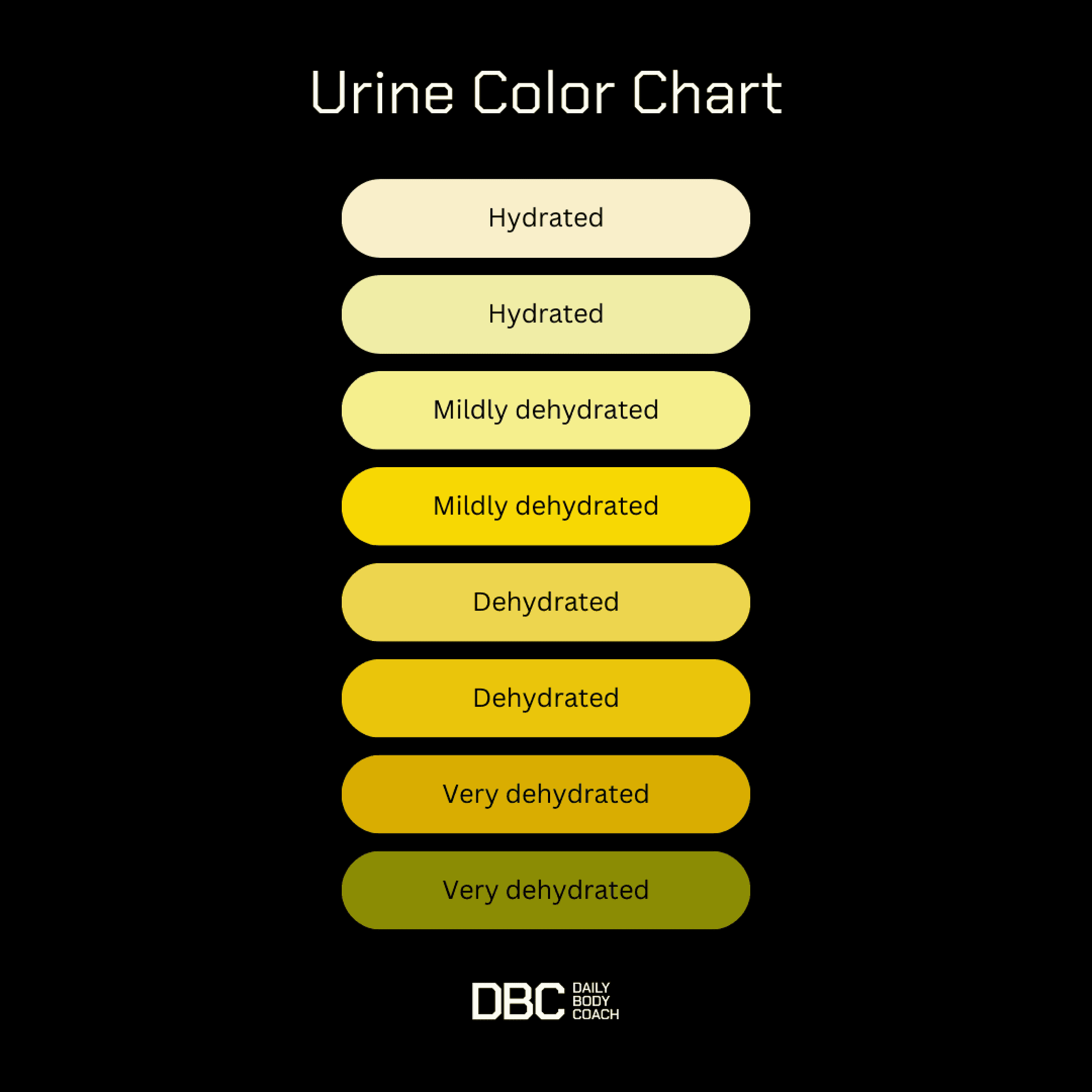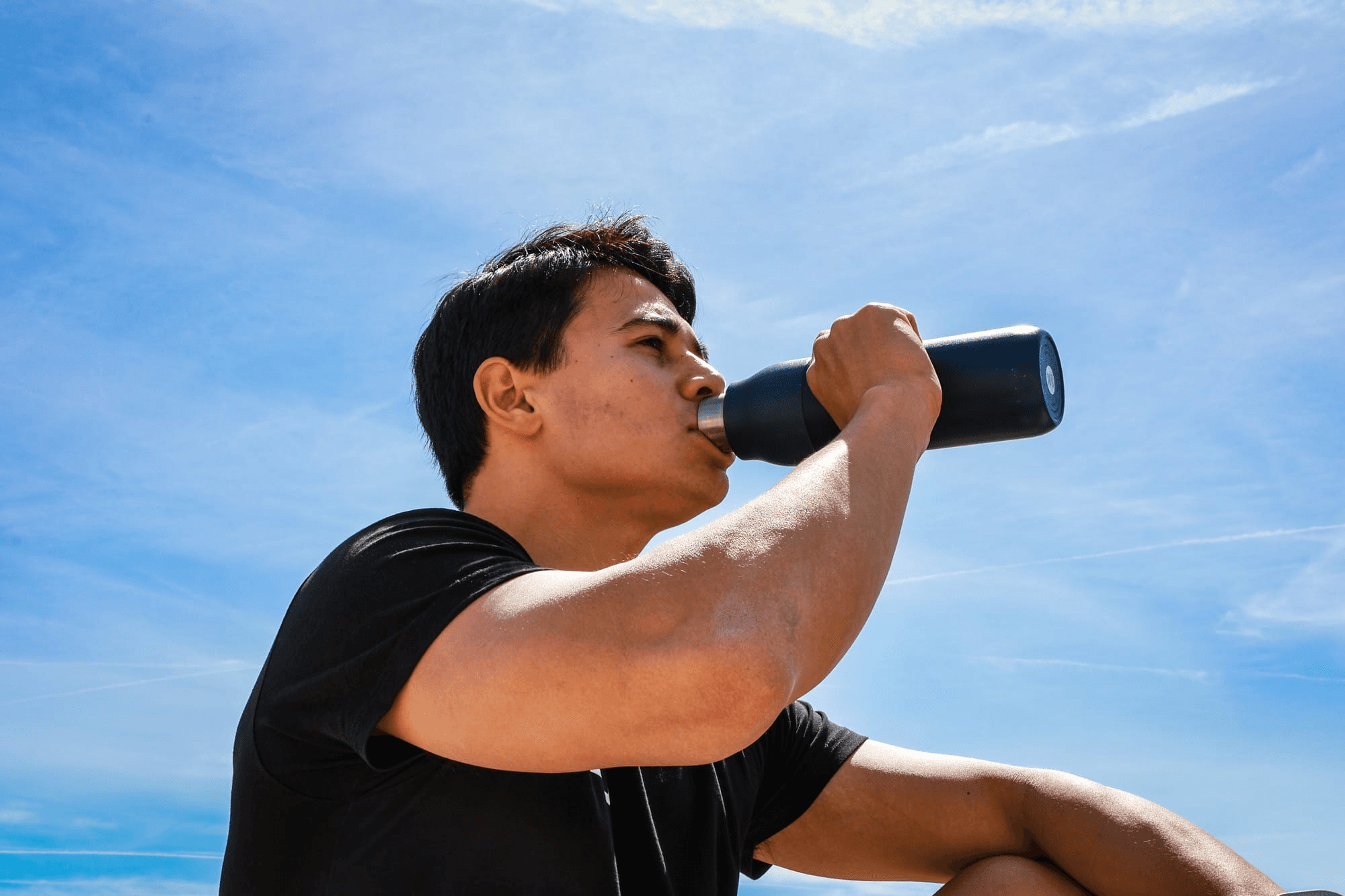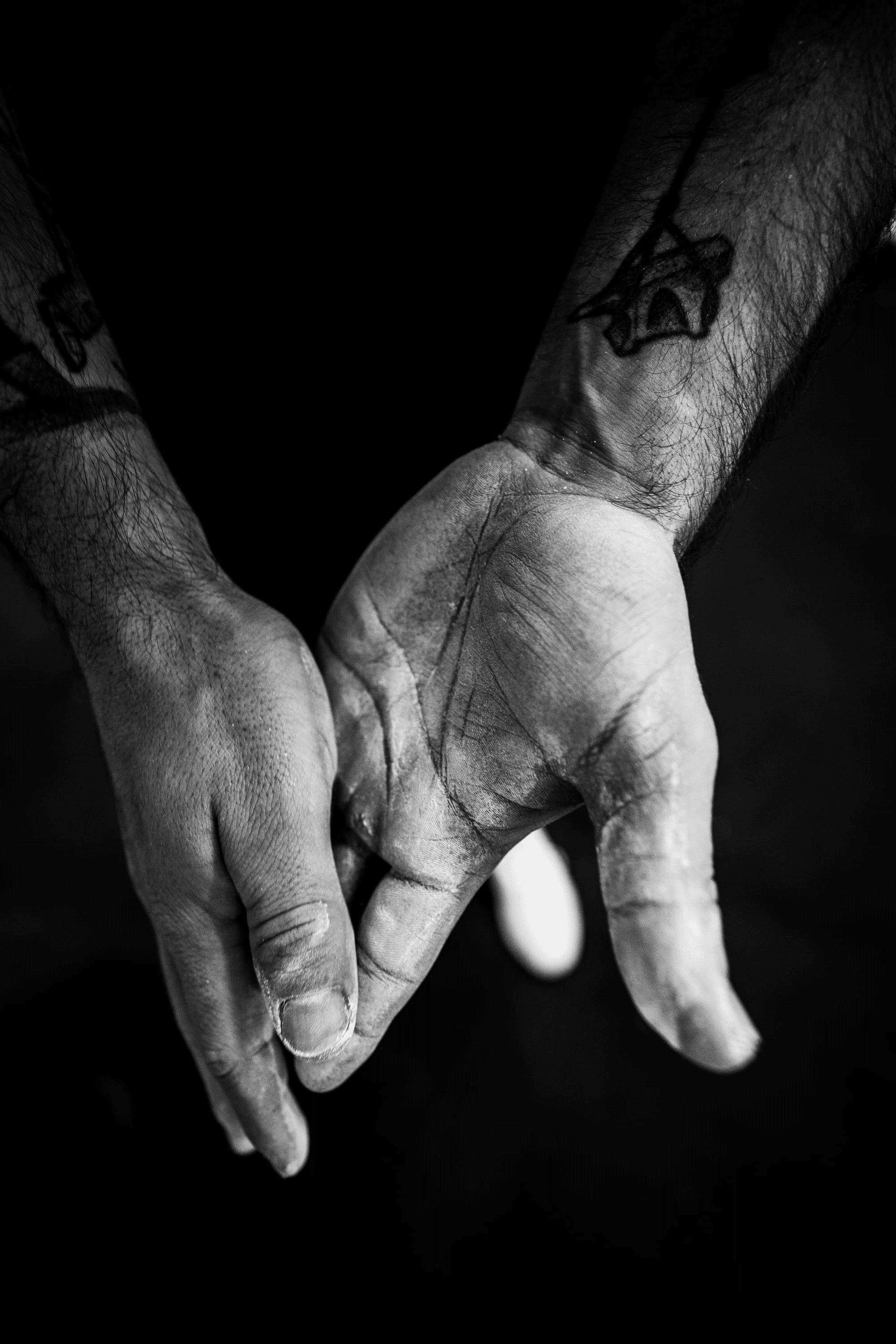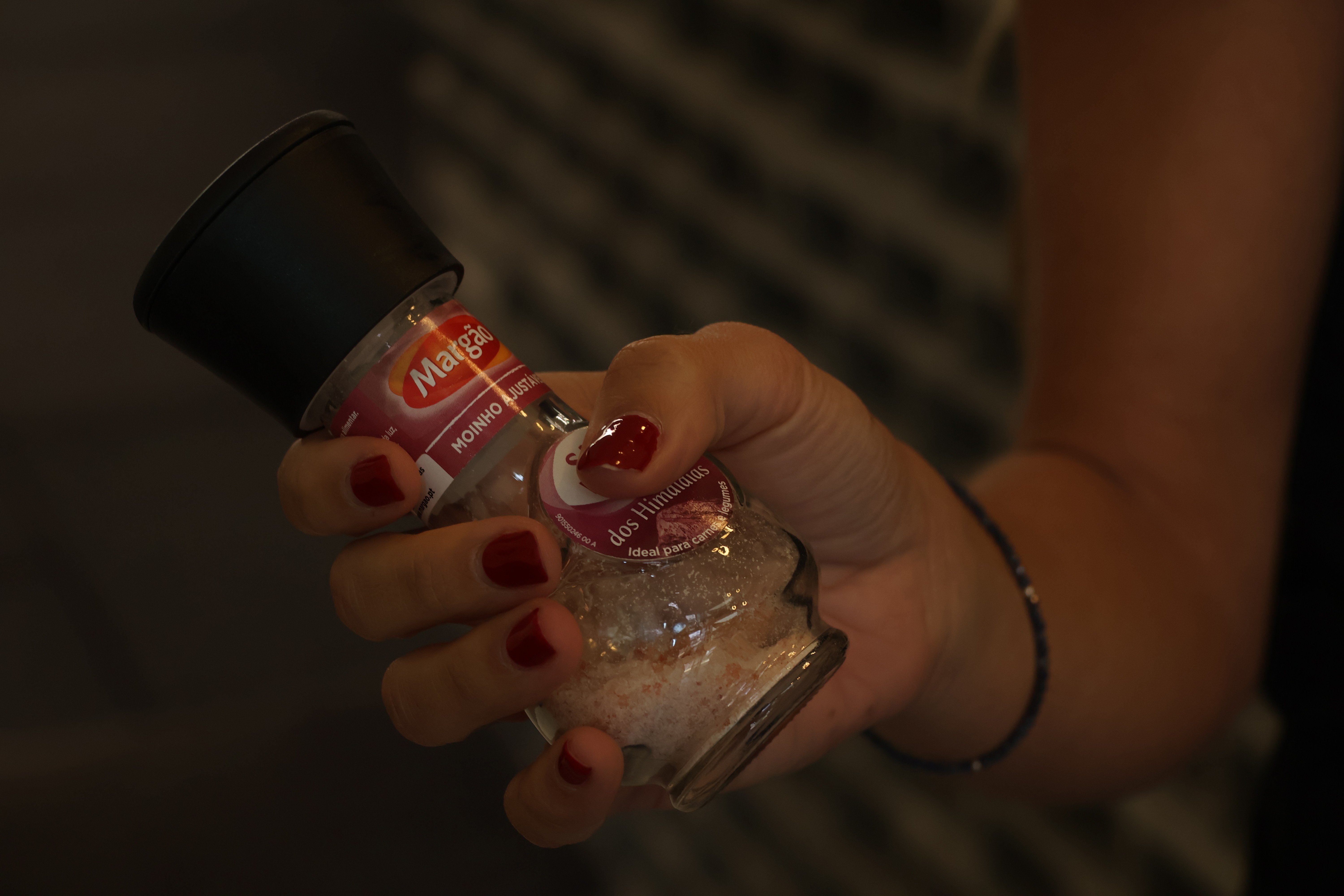4
min read
Most of us are dehydrated and we don't even realize it.
This impacts our ability to perform our best - physically and mentally - including our energy levels and concentration ability.
Let's look at the importance of water, how it impacts your physical and cognitive performance, how to tell if you're dehydrated and some practical strategies to avoid it.
The Importance of Water
Water helps us to regulate our body temperature, lubricates our bone joints, supports our cellular structure, protects our spinal cord, transports nutrients and oxygen to our cells and helps us excrete toxic products through urine, sweat and bowel movements.
So we need it, but...
How does dehydration affect physical and cognitive performance?
Even a slight level of dehydration (2% of our weight) will reduce our physical performance. It leads us to become even more tired and we experience a drop in motivation, which increases our perception of the effort required to perform in physical activities.
This happens because water is a participant in chemical reactions that allow our bodies to synthesize energy, namely during physical activity.
Cognitive processing involving attention and executive function (working memory, flexible thinking and self-regulation) and motor coordination are impaired in a state of dehydration. This means lower productivity at work, exercise and other daily tasks.
How much water should I drink?
European guidelines advise 2L water for women and 2.5L water for men
US guidelines advise 95 oz water for women and 130 oz water for men
These recommendations include water contained in food as well. The exact amount you should drink varies depending on factors such your sex, diet, age, physical activity, weight, humidity and temperature, pregnancy, illnesses, medications, sweat rate etc.
Take the general guidelines as your starting point and then use the urine color chart below to help you adapt accordingly.
Are you dehydrated?
Unfortunately, most of us are dehydrated.
Here's a quick and effective way to find out if you're dehydrated - check the color or your urine against this urine color chart:

If you are:
Hydrated - continue drinking at the same rate
Mildly Dehydrated - drink at least 1 more glass of water per day
Dehydrated - drink at least 2-3 more glasses of water per day
Very Dehydrated - drink at least 1 large bottle of water more per day. In the next few hours, aim to drink small sips of water every 20 minutes. If urine color doesn’t change in a few days, seek professional help.
Aside from the scale, it’s important to watch out for other signs of dehydration like: feeling thirsty (that's an obvious one...), having less frequent urination, feeling dizzy, tired or having a dry mouth, tongue or lips.
How can you consume more water in a busy day?
Set a goal for the day - if you don't have the habit of drinking water, start with 1.5L and build it up until you reach light-colored urine consistently (see chart above)
Consider setting a regular cadence to drink water - for example, drinking water as soon as you wake up, before a meal and after a meal
Keep a water bottle on your desk to remind you to stay hydrated
Flavor the water by making tea or infusions
And 3 bonus water related tips for you...
Electrolytes are essential minerals required for several body functions, namely energy metabolism reactions, muscle contraction and maintaining correct water balance. They are lost particularly in sweat, so when you're engaging in intense physical activity, you’re losing water and these minerals. If you experience crystals formation on your eyelids or you find light stains on your clothes after working out, then you are a heavy "electrolyte-sweater". Before you consider adding them to your water, read our guide to electrolytes to understand your unique needs
Stop drinking water 2 hours before bed to help you sleep better at night
Include fruits and vegetables in your diet - they're rich in water!
Wrapping up
Our bodies need water to function properly - physically and cognitively
Our bodies send us signals when we are not consuming enough water – like feeling thirsty and having dry lips. An easy to way to understand if you're dehydrated or not, is to use the urine chart. It's supposed to be light-colored
Keeping a water bottle nearby is a great strategy to increase water intake, as well as eating water-rich foods, like vegetables and fruits
Performing your best requires a plan that's built around you, your objectives and your lifestyle. Daily Body Coach focuses on doing this alongside certified professionals and daily accountability to deliver guaranteed results. Book a free call here to learn more.













